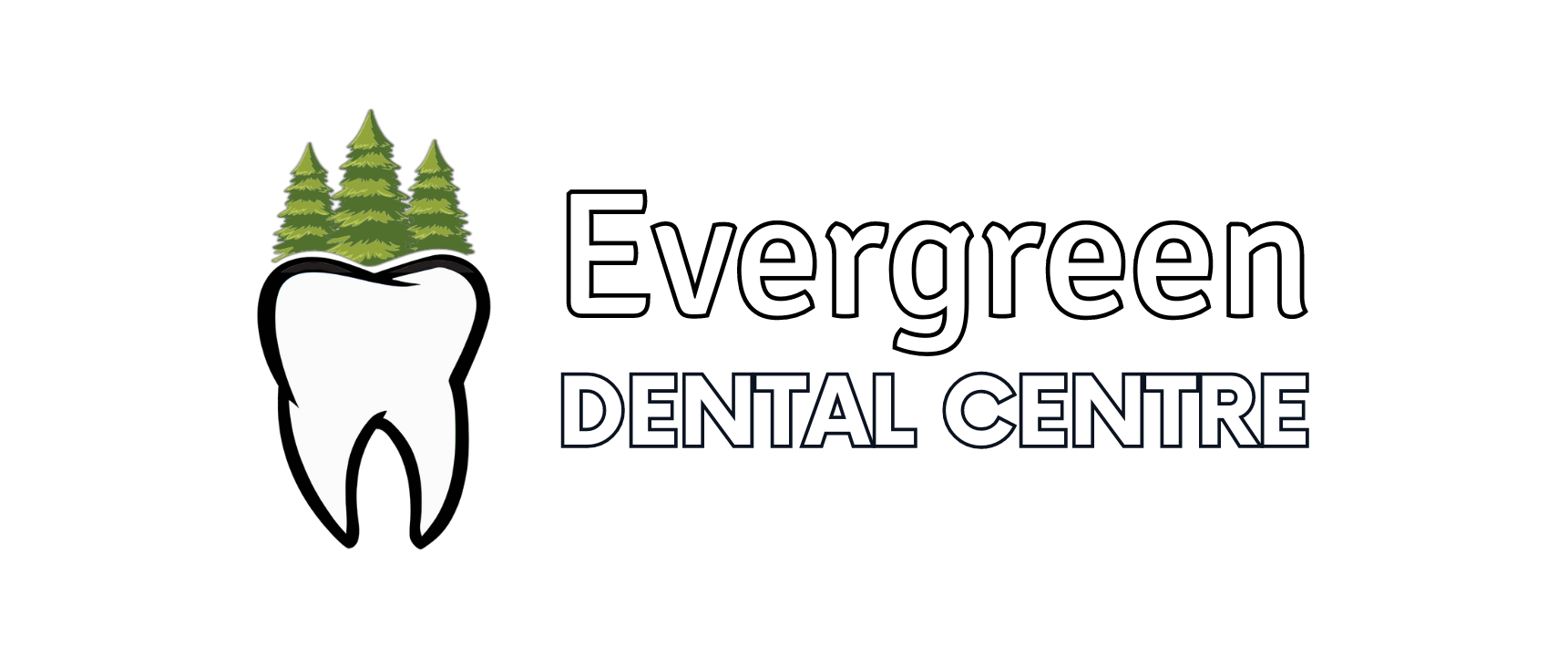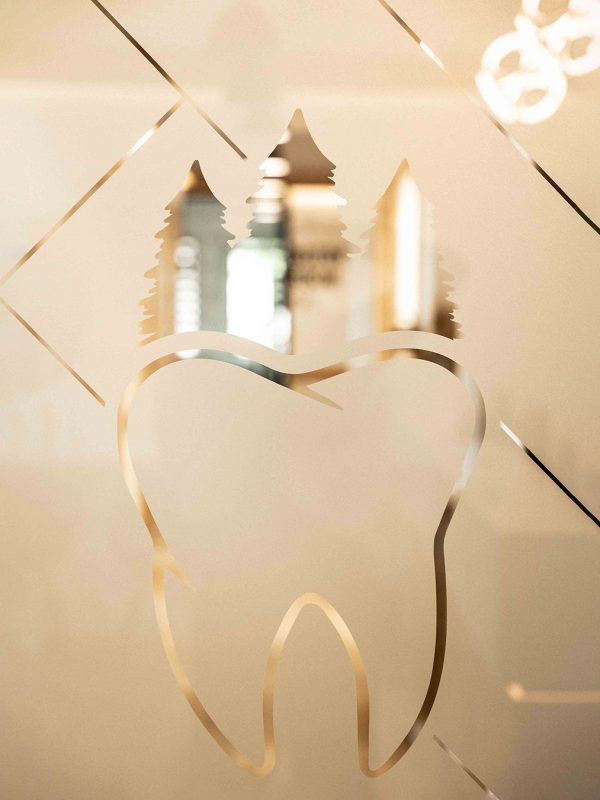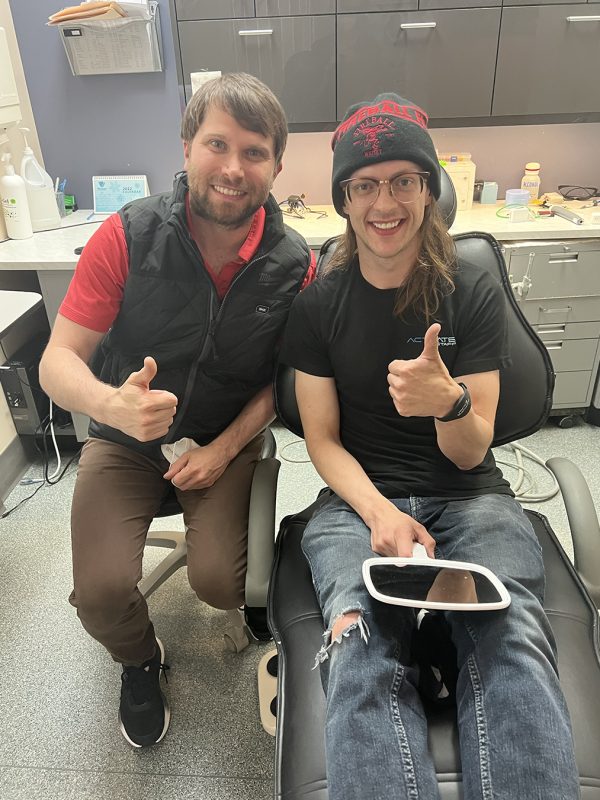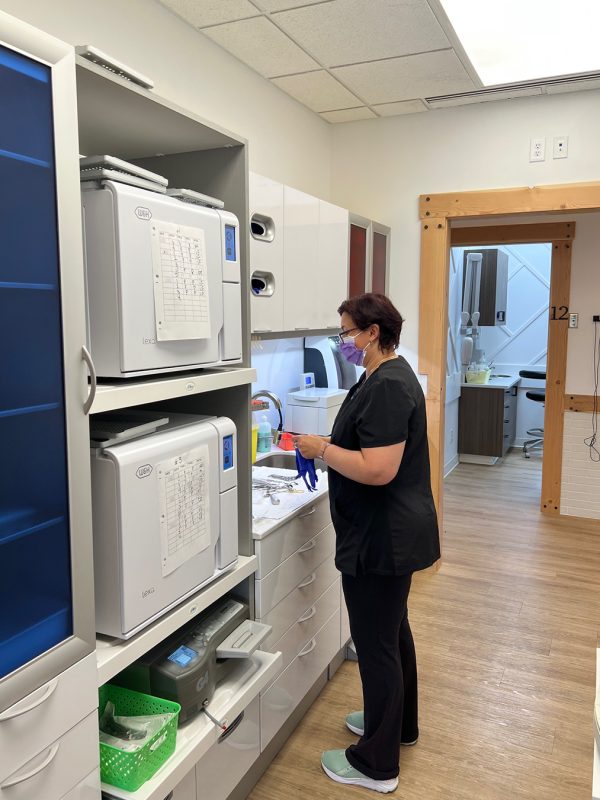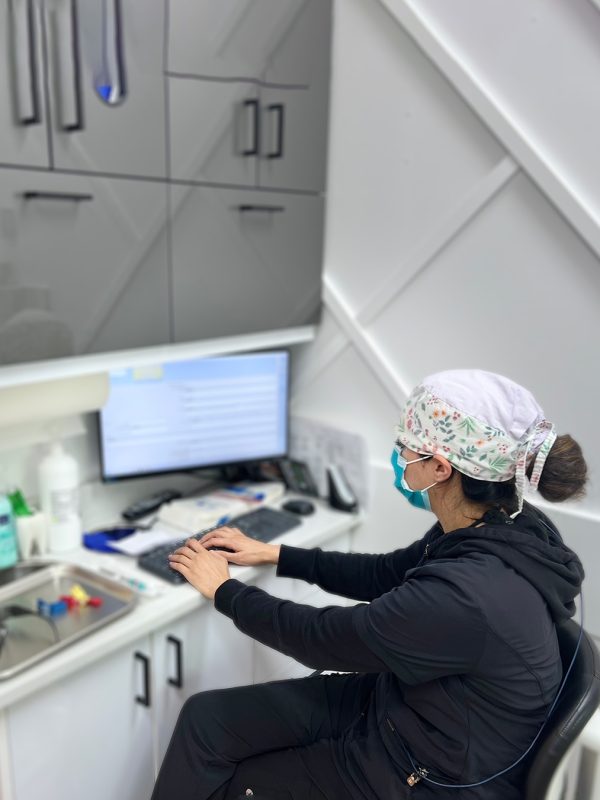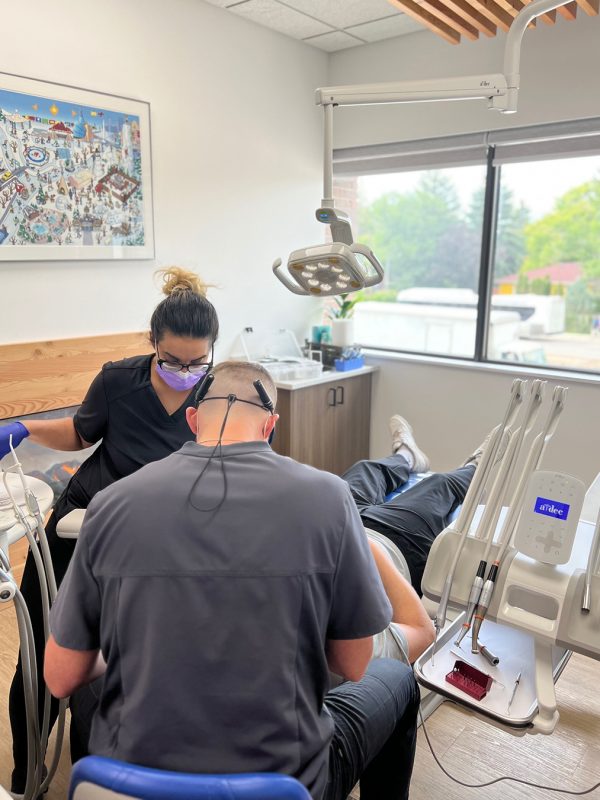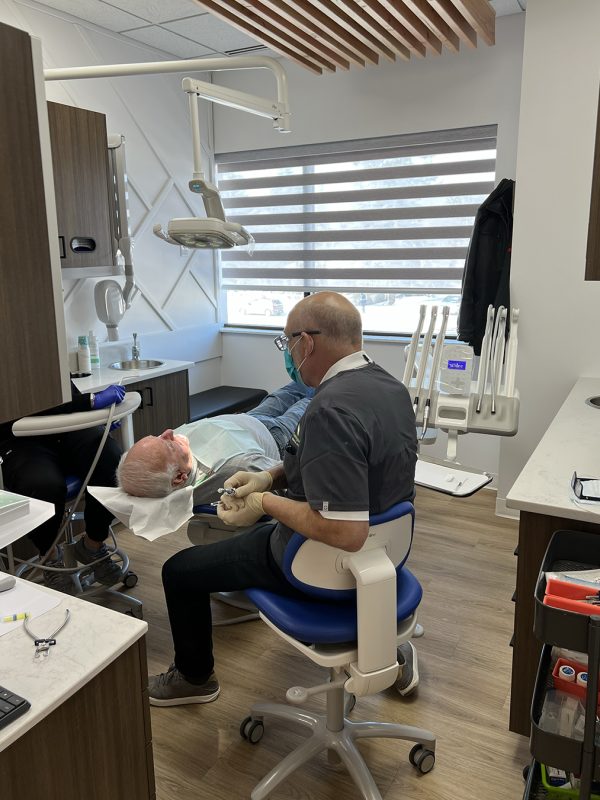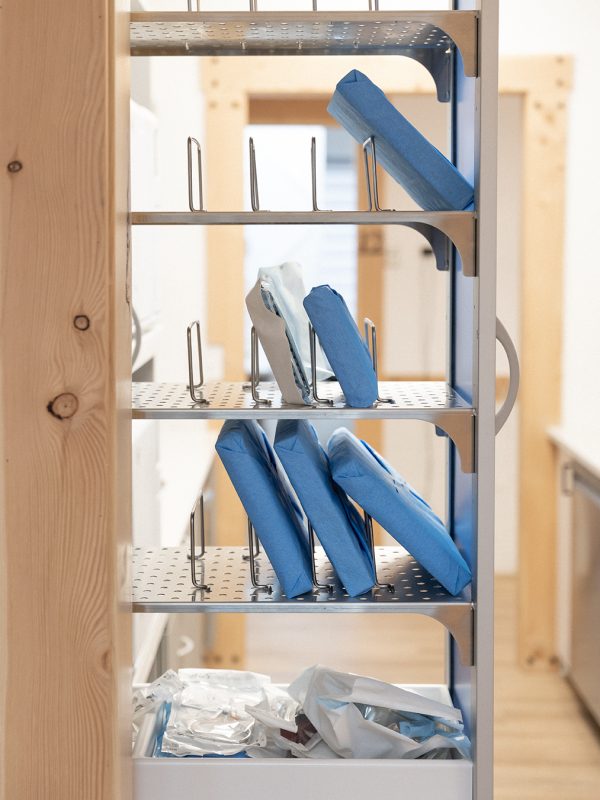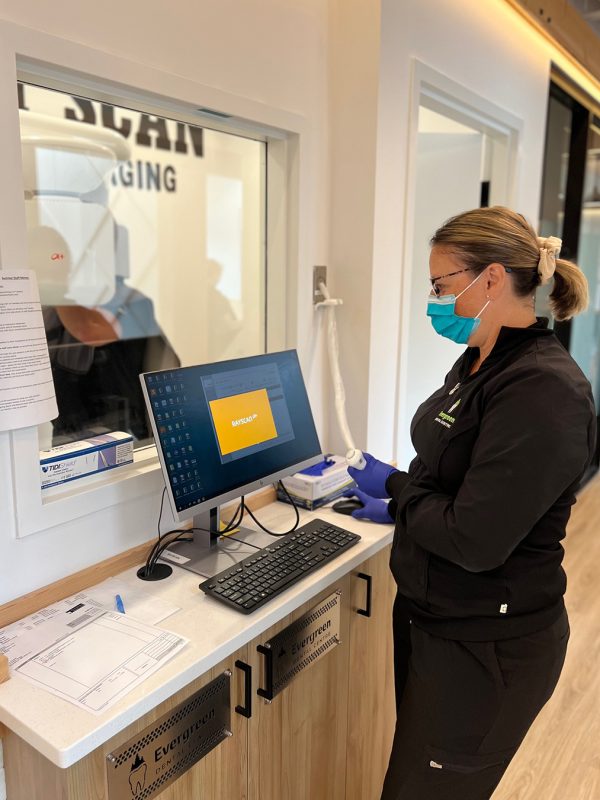Have you ever bitten into something and felt a sudden jolt of pain in your teeth? If your teeth hurt when chewing, you’re not alone—this common problem can make everyday meals uncomfortable and even worrisome. Whether it’s a sharp, shooting pain or a dull ache, understanding what’s causing the discomfort is key to finding relief. In this article, we’ll break down the common causes of tooth pain when chewing, share symptoms to watch out for, and offer simple prevention tips to keep your teeth healthy and pain-free.
Table of Contents:
- Symptoms That Accompany Chewing Pain
- Common Causes of Tooth Pain While Chewing
- Prevention Tips for Healthy Teeth
- Conclusion
Symptoms That Accompany Chewing Pain
When your teeth hurt while chewing, the pain often doesn’t come alone—it’s usually accompanied by other symptoms that can help identify the underlying problem:
- You might notice increased sensitivity to hot, cold, or sweet foods, which could indicate enamel wear or cavities.
- Swelling or redness in the gums around the affected tooth can point to gum disease or an infection.
- Some people also experience a lingering ache after chewing, which may signal issues with the tooth’s root or jaw alignment.
- If the pain is sharp and sudden, it could be due to a crack or fracture in the tooth.
Paying attention to these accompanying symptoms can provide valuable clues and help your dentist diagnose and treat the issue effectively.
Common Causes of Tooth Pain While Chewing
Here are some of the most common reasons why your teeth hurt when chewing:
Cavities and Tooth Decay
Ever feel a sudden jolt of pain when biting into something sweet? That might be a cavity. Cavities happen when bacteria in your mouth produce acids that wear down your tooth’s outer layer, leaving the inner parts exposed and more sensitive. The pain may start out mild but can worsen if you ignore it, leading to bigger problems like infections or more severe decay.
Gum Disease
Gum disease, also known as periodontal disease, arises from poor oral hygiene that allows plaque and tartar to build up along the gumline. In its early stages (gingivitis), gums become inflamed and tender. If left untreated, it progresses to periodontitis, where the infection damages the supporting structures of the teeth, including the bone. This damage can make chewing uncomfortable and painful.
Cracked or Fractured Teeth
Ever bitten into something hard and felt a sharp, sudden pain? That’s often the first sign of a cracked tooth. Even tiny, invisible cracks can cause serious discomfort when chewing, especially if they reach the sensitive inner layers of the tooth. Without treatment, these cracks can spread, making the tooth weaker or leading to an infection.
Dental Abscess
If the pain feels like a constant, throbbing ache that worsens with pressure, it could be a dental abscess. This happens when an infection forms around a tooth due to untreated cavities or gum issues. Along with pain, you might notice swelling, bad breath, or even fever. Don’t wait on this one—a dentist needs to treat an abscess quickly before it spreads.
Tooth Sensitivity
Do hot, cold, or even certain textures make you wince? Tooth sensitivity is a common cause of chewing discomfort and often happens when the enamel gets worn down or gums recede, exposing the sensitive parts underneath. Sometimes it’s just sensitivity, but it could also signal a deeper issue, like decay or early gum disease.
Bruxism (Teeth Grinding)
If you wake up with a sore jaw or notice your teeth feel tender, you might be grinding your teeth at night. Over time, this habit can wear down your enamel, leading to pain when chewing. It can even cause cracks and put strain on your jaw joints, making meals uncomfortable.
Misaligned Teeth or Bite Issues
If certain teeth hurt more than others when chewing, misaligned teeth or a bite issue might be to blame. When your bite is off, some teeth take more pressure than they should, which can lead to sensitivity or even cracks. The good news? Orthodontic treatments can often fix these issues and bring relief.
By recognizing these common causes and how they affect your teeth, you’ll be better equipped to seek the right help and manage your chewing pain. However, prevention is always a better option when possible.
Prevention Tips for Healthy Teeth
Taking care of your teeth is the best way to prevent pain while chewing. Here are some simple prevention tips to keep your teeth healthy:
Brush and Floss Regularly
Brushing twice a day and flossing daily helps remove plaque, the sticky film of bacteria that can lead to cavities and gum disease. Make sure to use a soft-bristled toothbrush and fluoride toothpaste for the best protection.
Routine Dental Checkups
Regular visits to your dentist are essential for maintaining healthy teeth and gums. Dental checkups allow professionals to spot potential issues, like cavities or gum disease, before they become major problems. Most dentists recommend checkups and cleanings every six months, but your schedule might vary based on your oral health needs. Professional cleanings remove stubborn plaque and tartar that brushing and flossing can’t, reducing your risk of gum disease and other complications. Regular X-rays may also be taken to detect hidden issues, such as cracks or infections.
Watch Your Lifestyle
Your daily habits have a big impact on your dental health. Eating a balanced diet and staying hydrated help keep your teeth strong and free from decay, while drinking water instead of sugary drinks can prevent plaque buildup. Avoiding smoking is equally important, as it not only stains your teeth but also increases the risk of gum disease and other oral health problems.
By following these simple tips, you can keep your teeth healthy, avoid unnecessary pain, and enjoy your meals without discomfort.
Conclusion
In conclusion, if you experience teeth hurt when chewing, it’s essential to understand the possible causes behind it, such as cavities, gum disease, or tooth fractures. By paying attention to the symptoms and seeking timely dental care, you can avoid more serious issues down the road. Prevention is always the best approach, so adopting good oral hygiene habits, maintaining a healthy lifestyle, and scheduling regular checkups with your dentist will help keep your teeth strong and pain-free.
If you’re struggling with chewing pain, don’t wait for it to worsen. Schedule an appointment with our dentist today to get to the root of the problem and enjoy your meals without discomfort!
